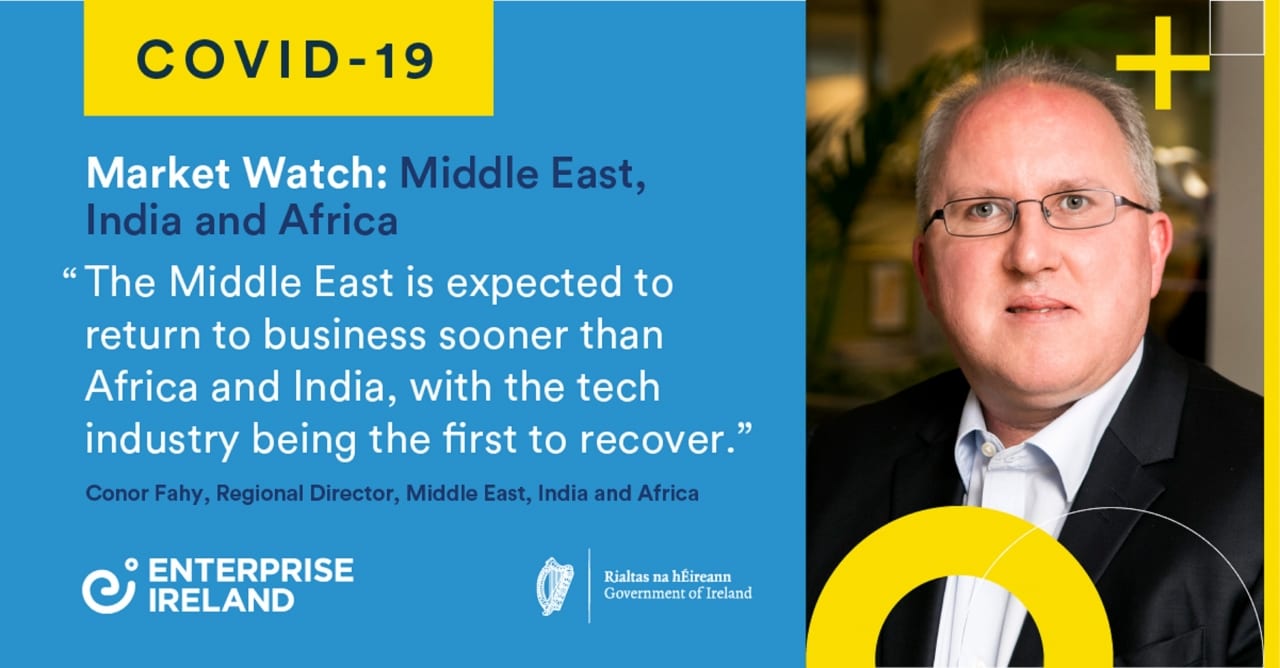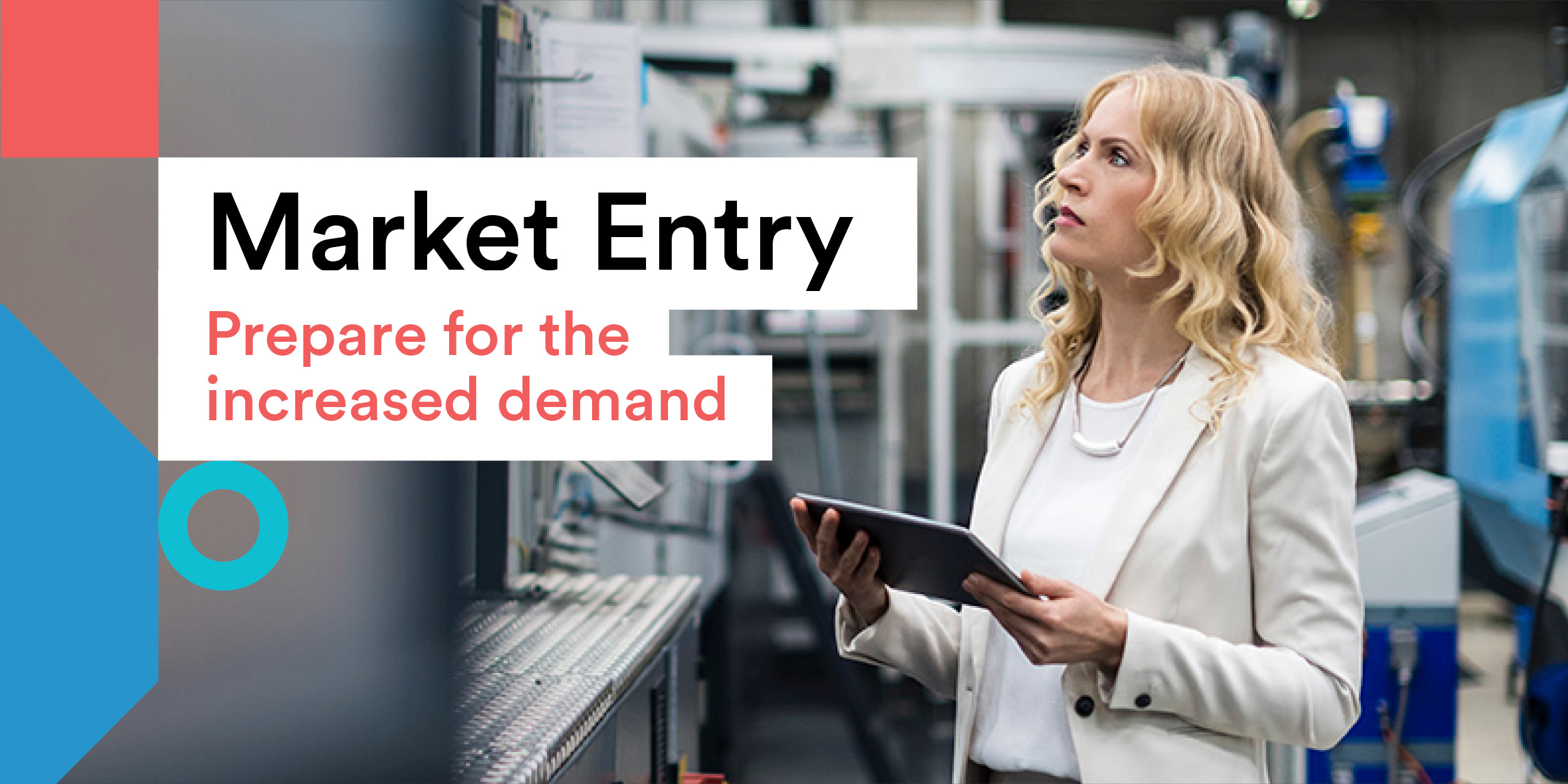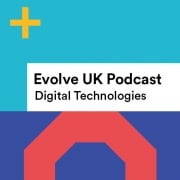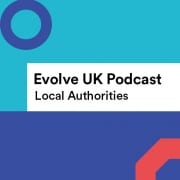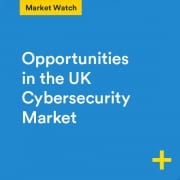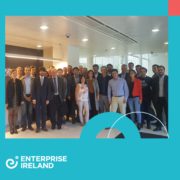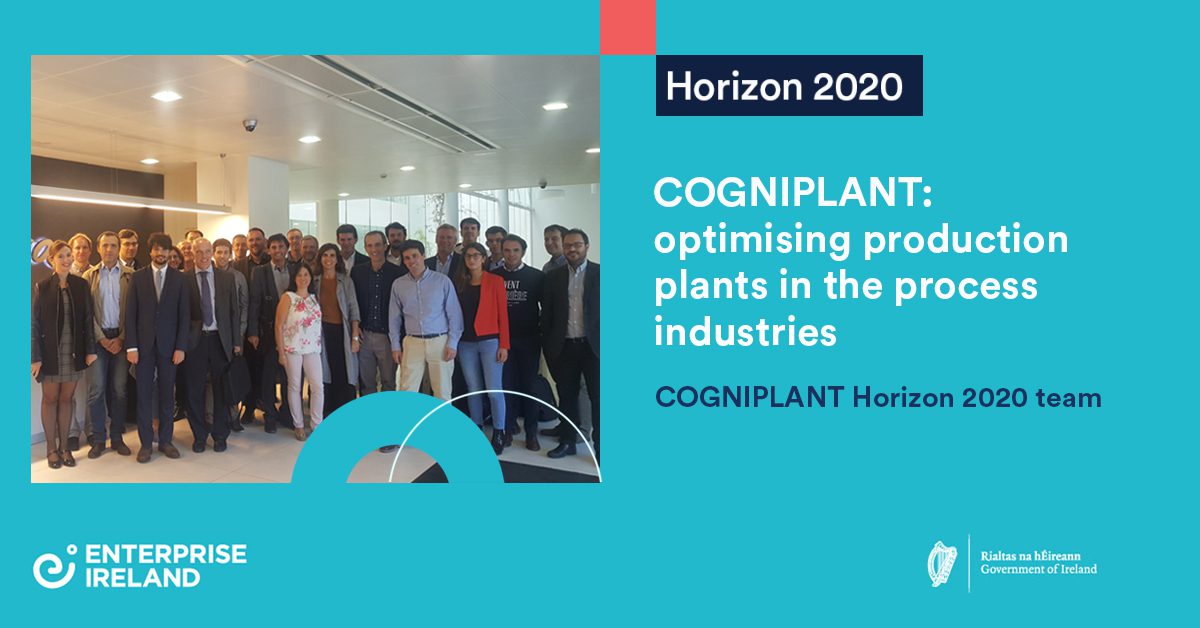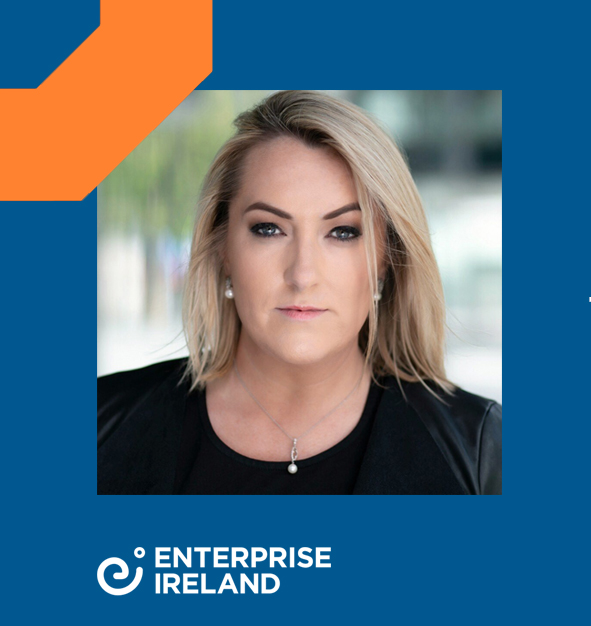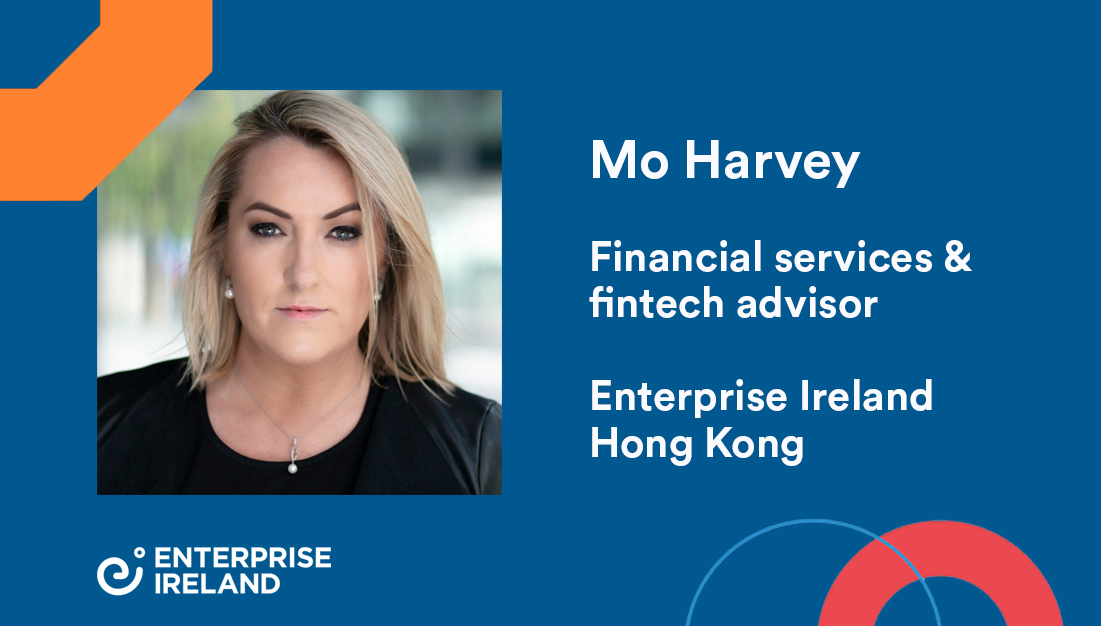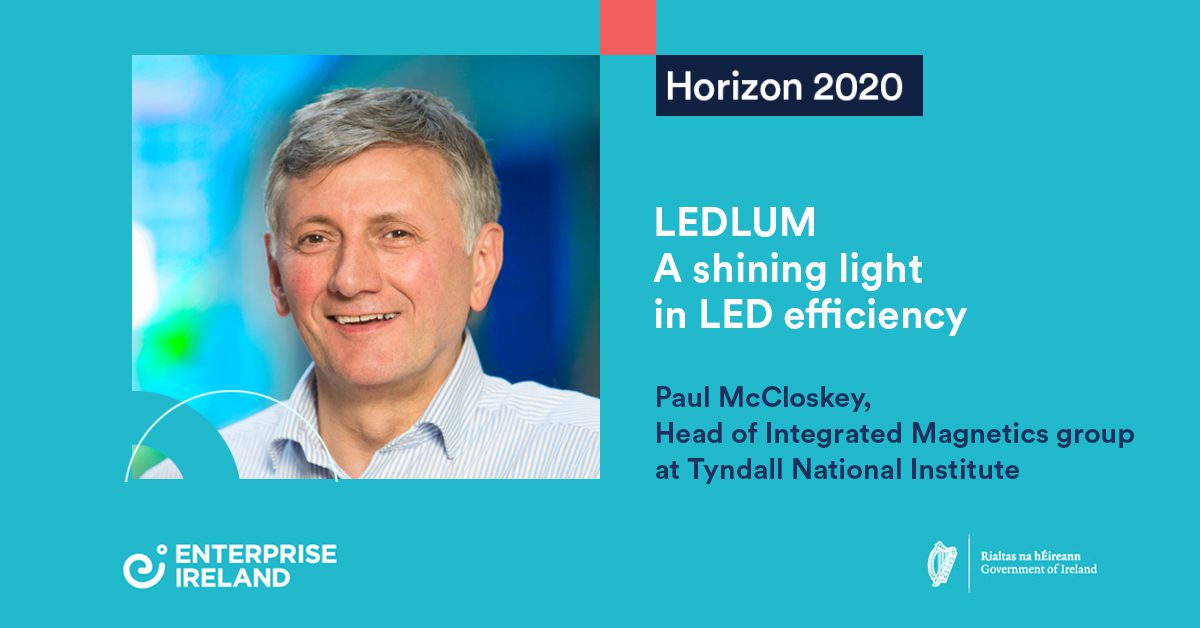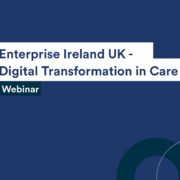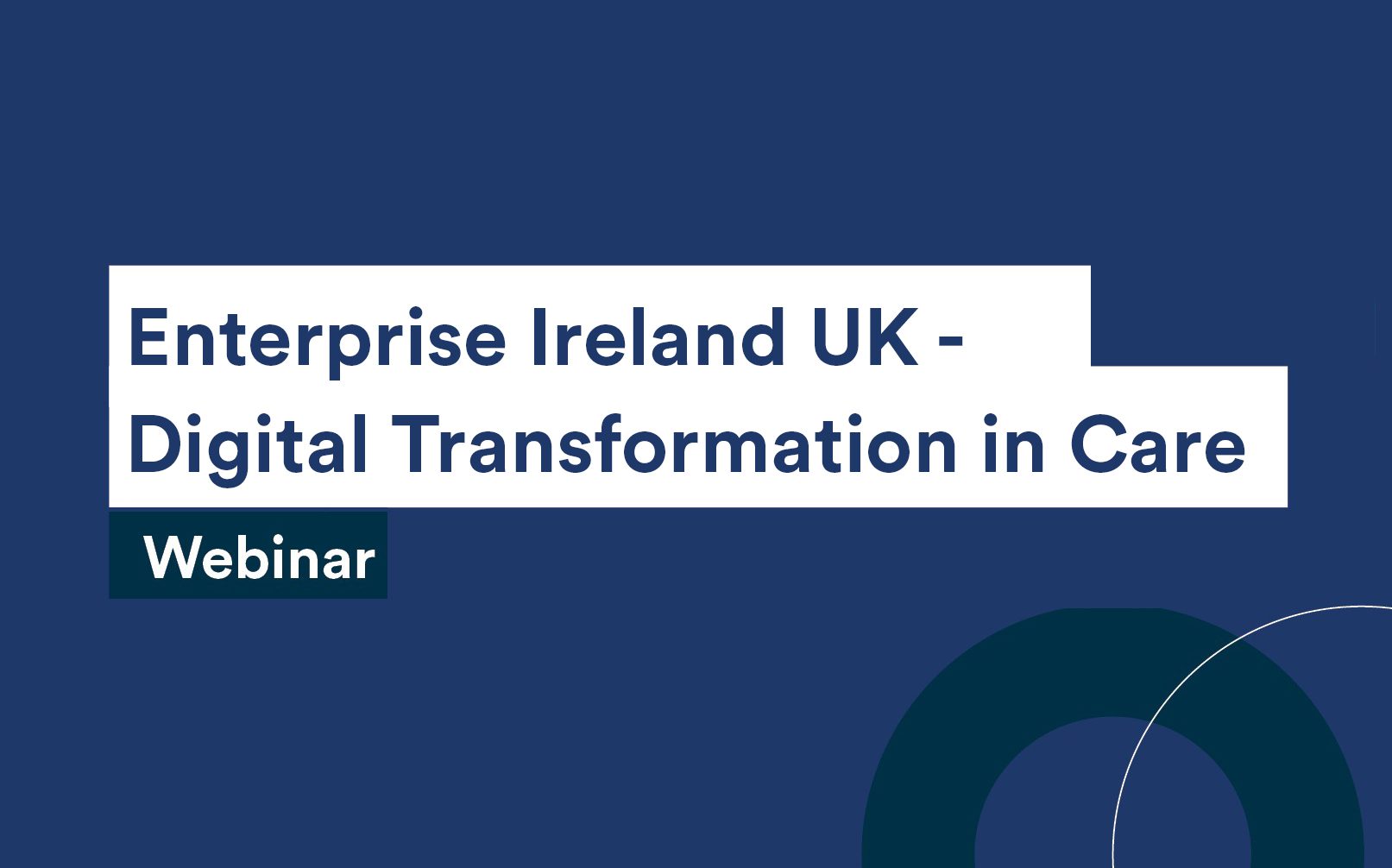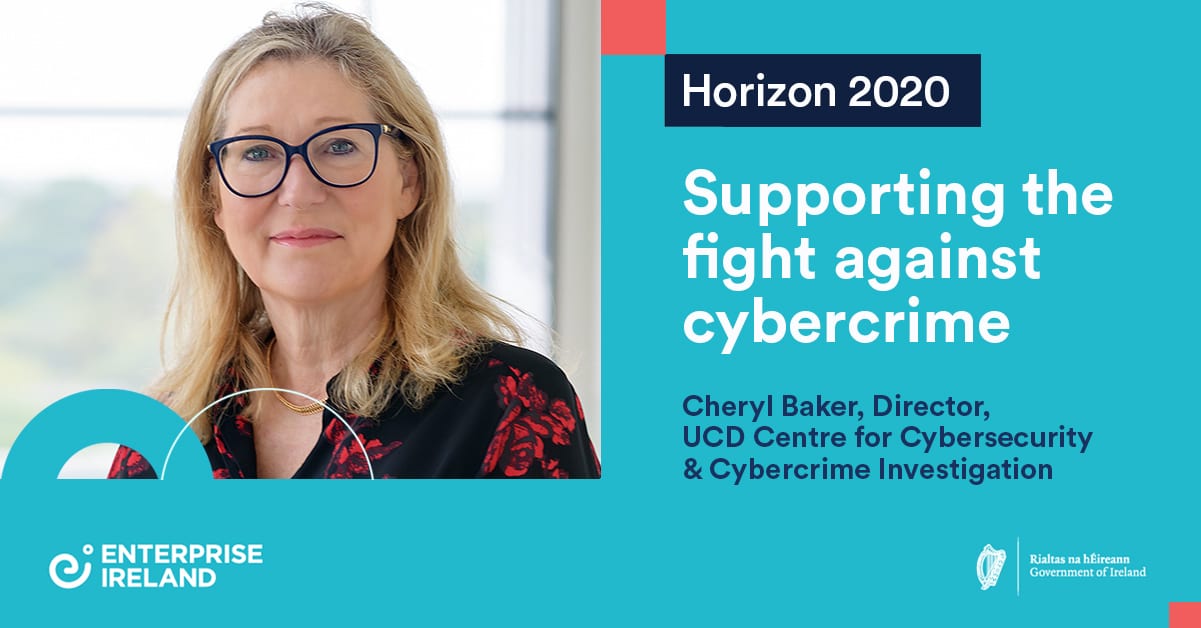Middle East Aviation: Ready to soar once again in the post-pandemic future
The Covid-19 pandemic has hit few sectors harder than the aviation industry, with severe restrictions on travel and closed borders resulting in a dramatic decline in passenger volumes globally. Airports around the world have had their resilience tested to the limit as they faced the initial paralysis of the skies, followed by the ongoing waves of the pandemic. However, there is a glimmer of light on the horizon driven by the rollout of the global vaccination programme in the majority of countries, albeit at different levels of implementation.
Predicted growth
Despite the significantly curtailed demand globally and regionally due to Covid-19, the International Air Transport Association (IATA) predicts the Middle East will see a 4.4 percent growth in passenger journeys over the period through to 2039. “With the Gulf Cooperation Council (GCC) home to some of the most advanced airports in the world and often exceling in passenger service, they are on the front foot to ensure restored confidence in flying once again,” said Alan O’ Mahony, Market Advisor for the Middle East and North Africa (MENA) region at Enterprise Ireland.
“Airport operators and airlines are monitoring the situation closely and continue to adapt to the evolving situation. They are now faced with the challenge of balancing additional health and safety requirements with providing a good passenger experience as they seek to restore confidence in air travel. Innovation and technology across the Middle East will play a key role in unlocking improvements for passenger experience and safety whilst also igniting the recovery for the sector. Ireland has forged a strong reputation for delivering world-leading innovative solutions that are used every day by the largest airlines in the world and across the wider aviation sector. We need this innovation now more than ever to power the industry’s recovery and Irish companies will continue to shape this new age for air travel.”
Pandemic-era air travel
Technology has advanced swiftly over the course of the pandemic in reaction to the ever-changing environment, and a new focus on health considerations in technology and process transformation has emerged.
“One trend that will become more widespread is the adoption of contactless technology in order to minimise the spread of viruses and reduce interaction between staff and passengers throughout the entire journey,” explained Alan. “A good case in point is Irish company IO Systems which operates the automated baggage return tray systems in Dubai International Airport. The company has adapted its latest models to include blue light cleansing technology to ensure their trays are actively cleaned as they automatically return through the baggage system. Airports can ensure additional safety measures are applied whilst still ensuring a good passenger experience is delivered through the introduction of these type of innovative solutions.”
Taking flight
“The hot topic in the industry right now is the digital health certification to capture the completed vaccination process or Covid-19 status of people intending to fly,” said Alan. “Irish biometric identity assurance specialist Daon is leading the way by creating the world’s first widely adopted mobile health passport to help those eligible to travel to navigate the changing entry requirements associated with Covid-19. The company’s new VeriFLY app, which has already been adopted by American Airlines, British Airways, Iberia Airlines and Aer Lingus, is designed to offer peace of mind before travel by ensuring passengers meet the entry requirements of their destination.”
VeriFLY provides digital health document verification, confirms eligibility, and allows people to combine necessary travel documents, such as Covid-19 test results, in one place, allowing travellers to ensure they are fully compliant with all the departure and arrival requirements before leaving home. Certified customers will be fast-tracked through the airport where specially designated desks are available for check in.
“The ingenuity, ambition, and adaptability that Daon and their partners have demonstrated throughout the pandemic are making a significant contribution to restoring traveller confidence and ensuring a positive passenger experience. It’s just one example of how innovation from Ireland, one of the major travel tech hubs in the world, is playing a leading role in the recovery for the sector.”
Advanced technologies
Responses to Covid-19 have accelerated the adoption of digital technologies across almost all sectors, and it’s thought that many of these changes will have a lasting impact. “With the global smart airports market to top $22.6 billion (USD) by 2025, the requirement for advanced technologies – especially as part of the immediate recovery – will continue to be an important market for the vast array of Irish companies operating in the sector. We are likely to see new entrants into the airport space across technologies such as biometrics, robotics, cloud technologies and IoT.”
“There is no doubt that the Covid-19 crisis has had a devastating impact on the air travel industry and the recovery for the industry is still some distance away. With that said, recent trends offer reasons for cautious optimism. While it’s certain that air travel will never look the same again, these innovative solutions will help to ensure international airline travel is, once more, cleared for take-off.”



